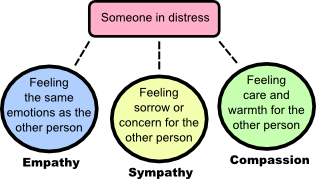My Face Is Having Uncontrollable Spasms. Great. It Hurts Really, Really, Really Bad.
My face is having uncontrollable spasms. Great. It hurts really, really, really bad.
I think part of why I have trouble explaining pain to the doctor is when they ask about the pain scale I always think “Well, if someone threw me down a flight of stairs right now or punched me a few times, it would definitely hurt a lot more” so I end up saying a low number. I was reading an article that said that “10” is the most commonly reported number and that is baffling to me. When I woke up from surgery with an 8" incision in my body and I could hardly even speak, I was in the most horrific pain of my life but I said “6” because I thought “Well, if you hit me in the stomach, it would be worse.”
More Posts from Bipolaruchiha and Others
if you feel like your bipolar doesnt present in the same way as other people’s its okay.
if you feel like you dont relate to other people with bipolar disorder its okay.
if you feel like you dont experience symptoms that you “should” or you do experience symptoms that you “shouldnt” its okay.
youre not secretly faking.
bipolar disorder is a complex mental illness that wont look the same on everyone. whatever it looks like on you is a normal way for bipolar disorder to look. you’re valid and loved and welcome in our community.
Reminder: Spring is coming so take the time now to update your mania crisis plan
Every person need to be taught disability history
Not the “oh Einstein was probably autistic” or the sanitized Helen Keller story. but this history disabled people have made and has been made for us.
Teach them about Carrie Buck, who was sterilized against her will, sued in 1927, and lost because “Three generations of imbeciles [were] enough.”
Teach them about Judith Heumann and her associates, who in 1977, held the longest sit in a government building for the enactment of 504 protection passed three years earlier.
Teach them about all the Baby Does, newborns in 1980s who were born disabled and who doctors left to die without treatment, who’s deaths lead to the passing of The Baby Doe amendment to the child abuse law in 1984.
Teach them about the deaf students at Gallaudet University, a liberal arts school for the deaf, who in 1988, protested the appointment of yet another hearing president and successfully elected I. King Jordan as their first deaf president.
Teach them about Jim Sinclair, who at the 1993 international Autism Conference stood and said “don’t mourn for us. We are alive. We are real. And we’re here waiting for you.”
Teach about the disability activists who laid down in front of buses for accessible transit in 1978, crawled up the steps of congress in 1990 for the ADA, and fight against police brutality, poverty, restricted access to medical care, and abuse today.
Teach about us.
Pals, I’m gonna tell you one of those hard truths, and I hope that you can read this and think about it in the spirit in which it’s intended.
The vast majority of you do not have “triggers”, you have “squicks”. If you learn the difference, I promise you will be happier and healthier, and you will feel much MUCH less as if all media is attempting to personally attack and traumatize you.
It is ABSOLUTELY LEGIT to dislike something in a piece of media, or to feel disgusted and revolted by it, or to have an aversion to it for any reason and to any degree. That’s normal! That’s absolutely normal, and if that has happened to you, then you are normal too.
But… Words matter. Words have power. There is a difference between “disgust” and “trauma response” – if a person without PTSD or other forms of trauma calls something that disgusts them a “trigger”, they are giving that thing undue and dangerous power over them. You do not have to legitimize your disgust, because your feelings are already valid. But saying “this triggers me” if it doesn’t actually trigger you in the clinical definition means that you are voluntarily giving up some of your own power and agency to the thing you dislike. It means that you are allowing the thing to have a disproportionate impact on your life, that you are giving it power to affect you and get under your skin and stay there. You are building it up into something much more terrifying and monstrous and serious than it deserves to be. Calling it a “squick” makes you bigger than the thing that’s grossing you out – it makes the gross thing into something that you can have power over, that you can vanquish and reject and entirely discard from your life according to your own whimsy. (For those of you who aren’t familiar with the term “squick”, it’s something you don’t like which causes that icky squirmy “ew! no thanks!” feeling. Here’s the Fanlore page for more detail.)
We live in a society that wants to take power away from so many of us at all costs. Nobody hands you power or agency or confidence or strength – you have to claim those for yourself. If you have the ability to take control over something that squicks you, do it. Stand up for yourself and your media experience, and use the word that gives you power. You can turn your back on a squick and walk away without more than a lingering “ugh” feeling; it is almost impossible to do that with a trigger. A trigger ruins your whole day (ask me how I know!).
Words have power. Disgust is a normal human emotion. Your feelings are valid even when they’re not severe and catastrophic.
prescribe me adderall or i will start cooking meth in my fucking bathroom you fucking psychiatrist
-
 soupreceptacle reblogged this · 2 weeks ago
soupreceptacle reblogged this · 2 weeks ago -
 killerfuzzel reblogged this · 2 weeks ago
killerfuzzel reblogged this · 2 weeks ago -
 autumnimagining reblogged this · 2 weeks ago
autumnimagining reblogged this · 2 weeks ago -
 bluejaywalker10 reblogged this · 2 weeks ago
bluejaywalker10 reblogged this · 2 weeks ago -
 vampire-loving-vampire reblogged this · 2 weeks ago
vampire-loving-vampire reblogged this · 2 weeks ago -
 draculasstrawhat reblogged this · 2 weeks ago
draculasstrawhat reblogged this · 2 weeks ago -
 theelectricfrog reblogged this · 2 weeks ago
theelectricfrog reblogged this · 2 weeks ago -
 theelectricfrog liked this · 2 weeks ago
theelectricfrog liked this · 2 weeks ago -
 dark-side-of-the-pillow reblogged this · 2 weeks ago
dark-side-of-the-pillow reblogged this · 2 weeks ago -
 dark-side-of-the-pillow liked this · 2 weeks ago
dark-side-of-the-pillow liked this · 2 weeks ago -
 phoenix-and-dragon reblogged this · 2 weeks ago
phoenix-and-dragon reblogged this · 2 weeks ago -
 a-totally-reasonable-username reblogged this · 2 weeks ago
a-totally-reasonable-username reblogged this · 2 weeks ago -
 phoenix-and-dragon liked this · 2 weeks ago
phoenix-and-dragon liked this · 2 weeks ago -
 sailormoonweaver liked this · 2 weeks ago
sailormoonweaver liked this · 2 weeks ago -
 antarctic-arcanine reblogged this · 2 weeks ago
antarctic-arcanine reblogged this · 2 weeks ago -
 namelessennes reblogged this · 2 weeks ago
namelessennes reblogged this · 2 weeks ago -
 3lzwth liked this · 2 weeks ago
3lzwth liked this · 2 weeks ago -
 catbunblue302 reblogged this · 2 weeks ago
catbunblue302 reblogged this · 2 weeks ago -
 elnubnub reblogged this · 2 weeks ago
elnubnub reblogged this · 2 weeks ago -
 comforthawk reblogged this · 2 weeks ago
comforthawk reblogged this · 2 weeks ago -
 viatorai liked this · 2 weeks ago
viatorai liked this · 2 weeks ago -
 mcsketchys reblogged this · 2 weeks ago
mcsketchys reblogged this · 2 weeks ago -
 raynshyu reblogged this · 2 weeks ago
raynshyu reblogged this · 2 weeks ago -
 1chaosfox reblogged this · 2 weeks ago
1chaosfox reblogged this · 2 weeks ago -
 kitty-it-blog reblogged this · 2 weeks ago
kitty-it-blog reblogged this · 2 weeks ago -
 kitty-it-blog liked this · 2 weeks ago
kitty-it-blog liked this · 2 weeks ago -
 juniperpomegranate reblogged this · 2 weeks ago
juniperpomegranate reblogged this · 2 weeks ago -
 octolight liked this · 2 weeks ago
octolight liked this · 2 weeks ago -
 the-ghost-light-and-the-book reblogged this · 2 weeks ago
the-ghost-light-and-the-book reblogged this · 2 weeks ago -
 shadewalker212 reblogged this · 2 weeks ago
shadewalker212 reblogged this · 2 weeks ago -
 shadewalker212 liked this · 2 weeks ago
shadewalker212 liked this · 2 weeks ago -
 starwingtrue reblogged this · 2 weeks ago
starwingtrue reblogged this · 2 weeks ago -
 silvermarmoset liked this · 2 weeks ago
silvermarmoset liked this · 2 weeks ago -
 tyrannosaurusnacks liked this · 2 weeks ago
tyrannosaurusnacks liked this · 2 weeks ago -
 rainbow-person reblogged this · 2 weeks ago
rainbow-person reblogged this · 2 weeks ago -
 comfortable-hobbit-hole reblogged this · 2 weeks ago
comfortable-hobbit-hole reblogged this · 2 weeks ago -
 amypihcs reblogged this · 2 weeks ago
amypihcs reblogged this · 2 weeks ago -
 red-umbrella-811 reblogged this · 2 weeks ago
red-umbrella-811 reblogged this · 2 weeks ago -
 barbacadabra liked this · 2 weeks ago
barbacadabra liked this · 2 weeks ago -
 lady-jeleania reblogged this · 3 weeks ago
lady-jeleania reblogged this · 3 weeks ago -
 emmajanereading reblogged this · 3 weeks ago
emmajanereading reblogged this · 3 weeks ago -
 clown-egg-and-other-things reblogged this · 3 weeks ago
clown-egg-and-other-things reblogged this · 3 weeks ago -
 whystuck reblogged this · 3 weeks ago
whystuck reblogged this · 3 weeks ago -
 influencethislj reblogged this · 3 weeks ago
influencethislj reblogged this · 3 weeks ago -
 mydetheturk liked this · 3 weeks ago
mydetheturk liked this · 3 weeks ago -
 greatlyamused reblogged this · 3 weeks ago
greatlyamused reblogged this · 3 weeks ago -
 callmecayce reblogged this · 3 weeks ago
callmecayce reblogged this · 3 weeks ago -
 blueberrypuffins liked this · 3 weeks ago
blueberrypuffins liked this · 3 weeks ago -
 bloggingfromthetwilightzone reblogged this · 3 weeks ago
bloggingfromthetwilightzone reblogged this · 3 weeks ago
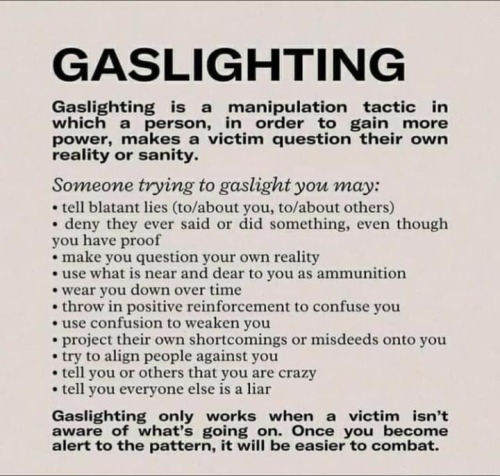
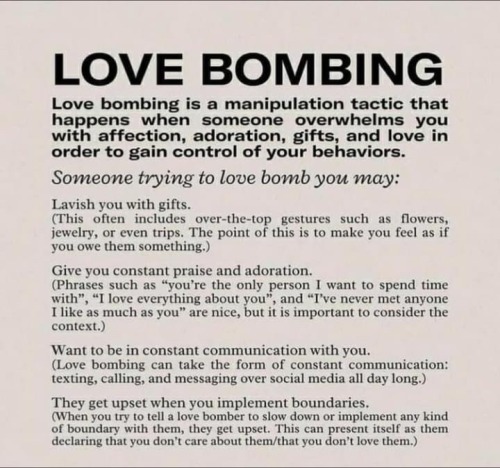
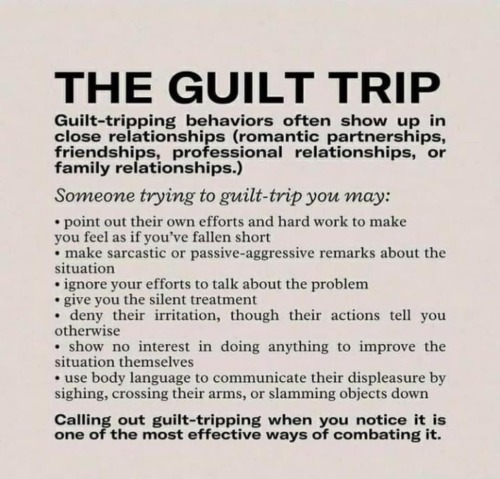
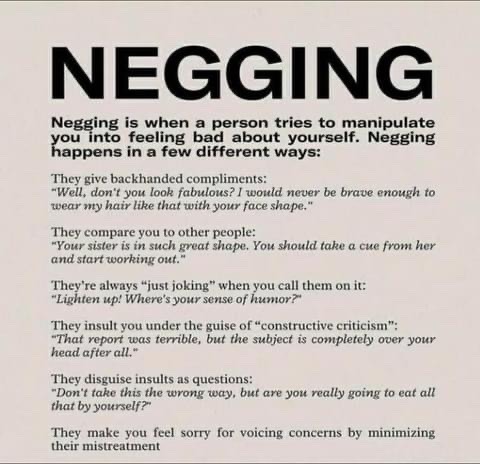
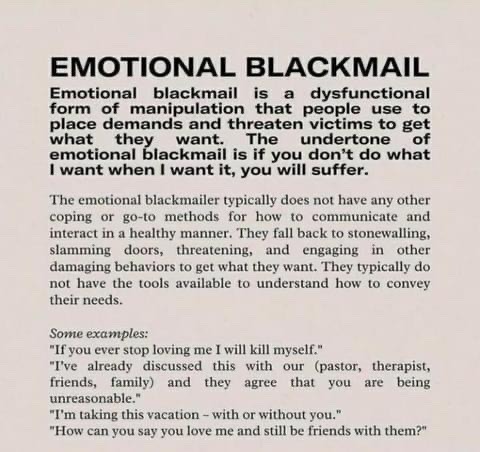
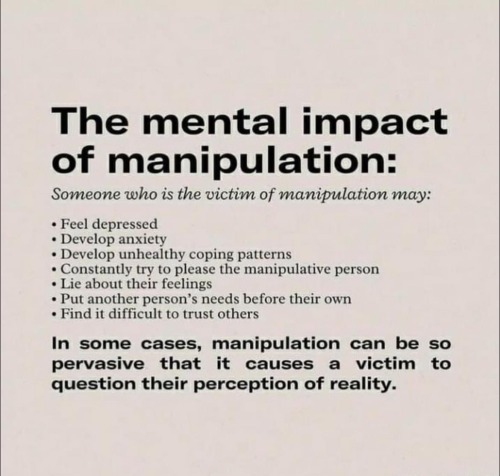
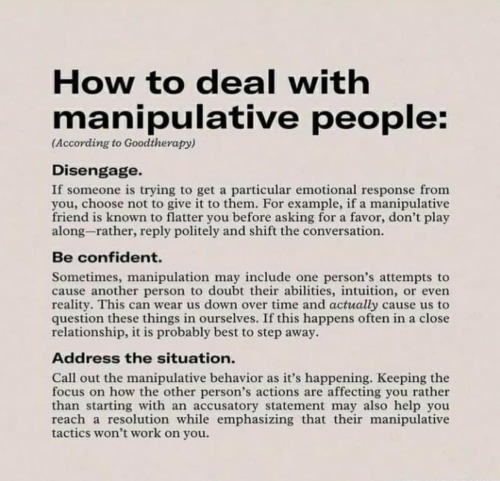
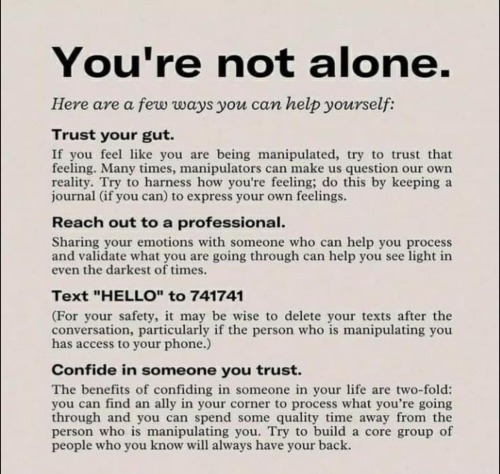
![OP What.is.mental.illness [Instagram]](https://64.media.tumblr.com/941ab9dba5efda9545150a2496b9c28e/5582e2d47f7b347e-92/s500x750/20dfd38df7953dedac87fa4028f7091502f0f4ad.jpg)
![OP What.is.mental.illness [Instagram]](https://64.media.tumblr.com/7c623e74e8ac70a7122a4386765a7e6a/5582e2d47f7b347e-da/s500x750/2bd1bd49d95fcae537616c6cdab1f154b9399b7f.jpg)
![OP What.is.mental.illness [Instagram]](https://64.media.tumblr.com/cb3e025211ea516064a32b6a278a607a/5582e2d47f7b347e-ac/s500x750/77475aef81ddacde95cdfba3b8ae86e350e3f4b5.jpg)
![OP What.is.mental.illness [Instagram]](https://64.media.tumblr.com/189d1149d151ebf45290e325d8fa783a/5582e2d47f7b347e-6d/s500x750/3e42c9897cc36a6b2384632819f43244f7c5216d.jpg)
